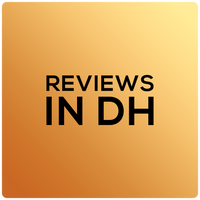The value proposition peddled by academic publishers relies on usage as a metric to justify library investment in a research output commodity, whether it be an online journal, book or other research output unit. In subscription or paywalled platforms, providers “count” the times and ways (e.g. downloads, views) content is accessed through proprietary systems that authorize and authenticate users by their payment or their affiliation with an institution that has paid for access on their behalf. In an open access environment, proprietary systems are not in place to count when the “gates” are opened and closed and on whose behalf.
The OA Book Usage Data Trust was established in 2021 “to champion strategies for the improved publication and management of open-access books by exchanging reliable usage data in a trusted, equitable, and community-governed way.” Initially funded by a grant from the Andrew W. Mellon Foundation, the project team has done the groundwork on the data supply chain, use cases and technical requirements for a diverse, global, secure, community-governed for OA book usage data exchange. The next phase of the work is to develop, build and test international data spaces based on the Trust’s guiding principles:
- data exchange focused
- collaborative
- community informed
- sustainable
- responsive
- inclusive
- ethical
- transparent.
The OA Book Usage Data Trust offers the potential for expanding how scholars and scholarly communities measure the value of book publications. It’s work to date is available through Zenodo.

